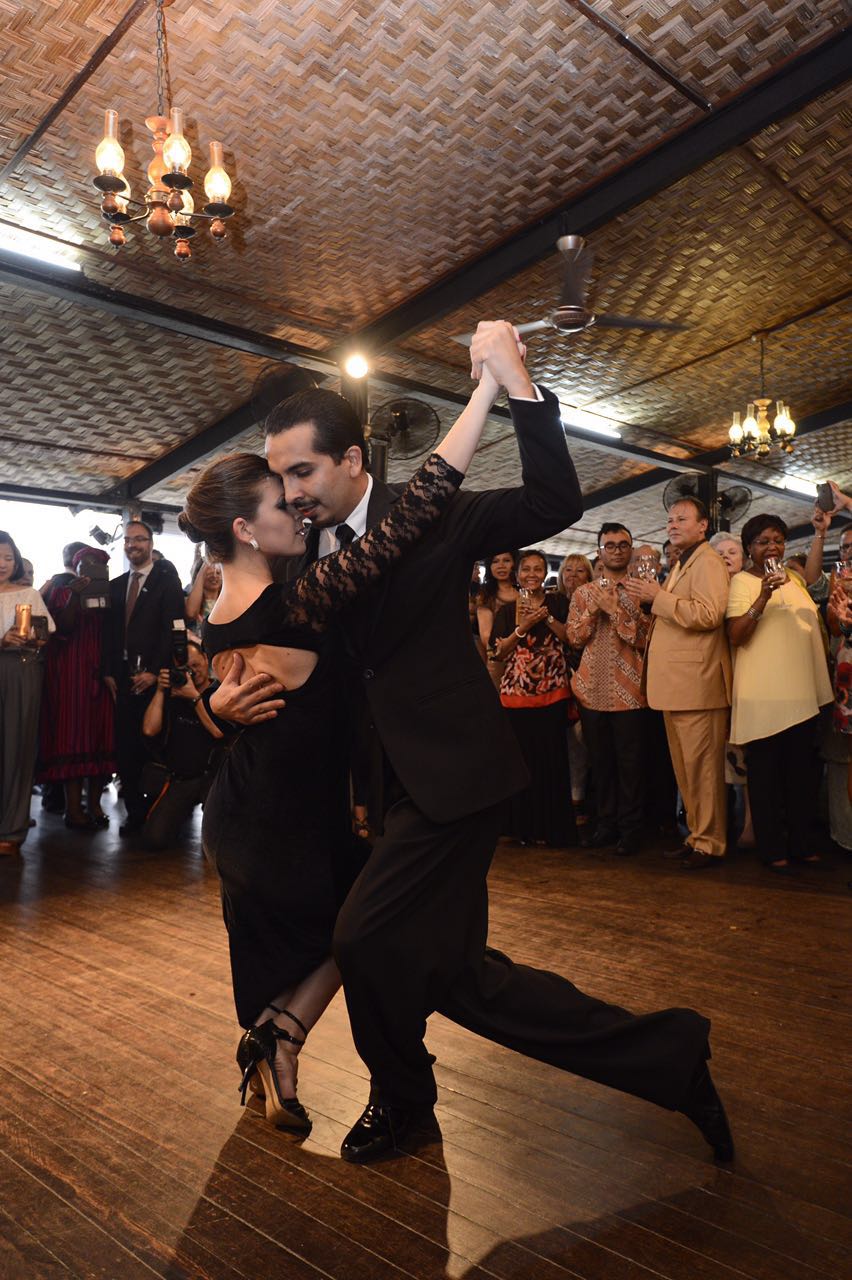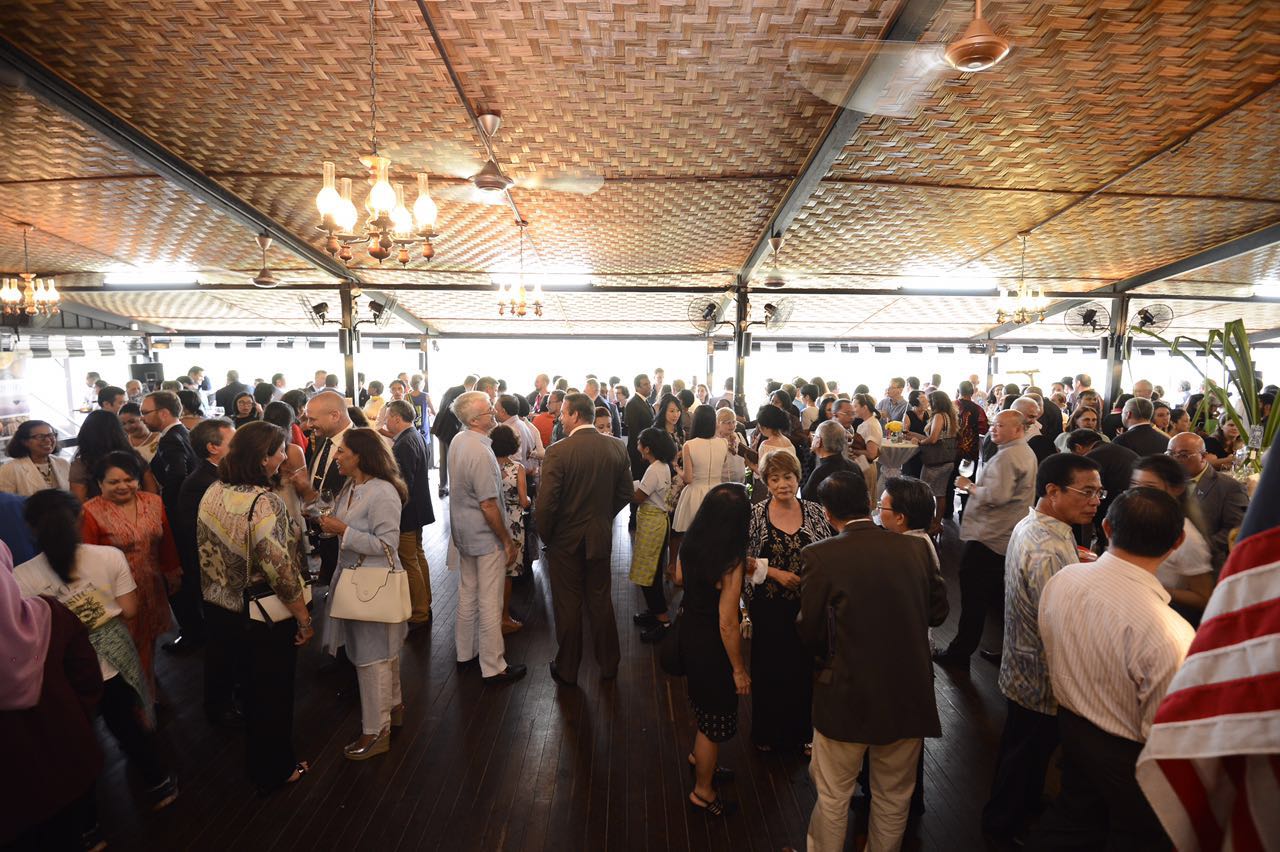An airplane wing is truly a remarkable thing. Carefully designed and precisely engineered, the wing is literally what makes flight possible. That wing is incredibly strong, too, capable of not just lifting thousands of tonnes into the sky, but able to flex and bend impressively, all without breaking or failing. An airplane wing, by virtue of its shape and function as an airfoil, produces aerodynamic lift and together with the fuselage and engines, can move hundreds of people and tonnes of cargo around the world, seemingly effortlessly.
But for all its great strength, the wing is also quite fragile. A tiny crack, a thin layer of ice, a poorly riveted joint – it doesn’t take much to threaten a wing’s strength. Keeping the surface clean, keeping the seams and joints intact, ensuring the metal is strong and reliable – this takes constant maintenance and vigilance. When left undefended, insidious elements can render something that was once so strong incredibly vulnerable.
On July 12, the Embassy of Argentina in Malaysia threw a gala event at the Royal Selangor Polo Club to celebrate Argentina’s 200 years of independence. I was in attendance, and as I stood watching the friendly polomatch between Argentine and Malaysian players, I looked around at the hundreds of guests. And in just a few minutes of surveying the crowd, it was abundantly clear that this was not only a truly international event, but one whose attendees crossed almost every barrier imaginable: race, gender, religion, culture, age, nationality, wealth, social standing – think of any line that usually divides people, and here, it was cheerfully erased.
I saw warm smiles and heard hearty laughs at every turn. I saw hands being grasped and cheeks being kissed. The atmosphere of conviviality and togetherness was palpable. There were Malaysian Indians talking cheerfully with Germans and Canadians; young European women with long blond hair drinking Argentine wines chatting animatedly with headscarf wearing Malay women drinking fruit juices.

A group of well-dressed local Chinese and Indian men laughing with European diplomats as they compared notes on the Argentine food they were sampling.
It was a remarkable moment, and it occurred tome that this… this is a very real part of what makes Malaysia special. This togetherness, this willingness to disregard all those supposed barriers between each other.
People here cleave to their own roots, cherish their cultural identity, and maintain their own traditions and rituals, but they also tolerate and respect one another.
Though the Malay ladies I saw were drinking sodas and juices, they were clearly comfortable and accepting of their European friends, standing and socialising with them, who were drinking wine.
A mutual tolerance, a mutual respect, and a mutual understanding that even though we are all different, together we are strong.
And there truly is great strength in that togetherness. When people of different beliefs, of different cultures, of different ways of thinking come together, great things can happen.
Malaysia may not be a true melting pot – after all, the various ethnic groups here do tend to fervently maintain their own distinct identities rather than homogenizing into one blended culture – but despite a few bumps along the road, Malaysia has an enviable history of its many disparate cultures and races coming together as one, living in harmony… and being stronger for it.
Possibly the gravest current threat to that strength, though, is Malaysia’s increasing Islamisation, the spread of the more extreme elements of Islam into the country. Rather than erasing lines and bringing people together, this movement achieves precisely the opposite. In just the last few years, we’ve not only seen long-accepted social norms challenged, but actual laws have been changed, and even the supremacy of the Malaysian constitution itself has been tested.
Perhaps most tellingly, Islamisation doesn’t just draw lines between Muslims and everyone else, it actually divides Muslims, too. Indeed, most Malaysians, regardless of their religion, seem to be firmly against this disturbing trend. The G25, a group of prominent Malay citizens, have been particularly vocal about the need for moderation and tolerance. Such attributes are Malaysia’s greatest strength, and those in the G25 understand how vulnerable and easily threatened that strength can be.

At the Argentine bicentennial gala, HE Manuel Salas spoke of the diplomatic ties between Argentina and Malaysia, established in 1967. “Our mutual respect and understanding,” the Ambassador said, “has contributed to the important goals of both countries towards peace, prosperity, and democracy.” This sentiment is echoed in the G25 group’s stated mission: “In pursuit of a peaceful, tolerant, moderate, multi-racial Malaysia, through compassion, mercy, justice, democracy.”
Even futher, as beautifully written on the G25 site by their friends at the Muslim Professionals Forum: “Together, hand in hand in religious harmony, we can build a ‘Better Malaysia,’ founded on the eternal values of justice, equality,mutual benefit, and the brotherhood and dignity of all mankind.” Such noble words offer inspiration and hope.
But words must be accompanied by deeds. Just as that airplane wing must be constantly defended from threatening elements in order to preserve its delicate strength, so too must the tolerance and togetherness that makes Malaysia so special. The rich interweaving of different races, religions, and cultures – all living together harmoniously – is surely Malaysia’s strongest and most cherished asset. But it’s among its most fragile, too.
This article was originally published in The Expat magazine (August 2016) which is available online or in print via a free subscription.
"ExpatGo welcomes and encourages comments, input, and divergent opinions. However, we kindly request that you use suitable language in your comments, and refrain from any sort of personal attack, hate speech, or disparaging rhetoric. Comments not in line with this are subject to removal from the site. "
























Malaysians intricate tapestry is woven with happiness and love for family, friends, food and music; that is the Malaysia I remember, not one of far right Islam beliefs that could shatter and divide an entire country. May the people of Malaysia emerge as leaders and shining stars in this world of terror and Islamization.